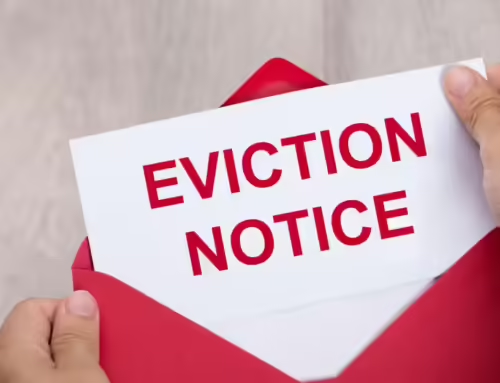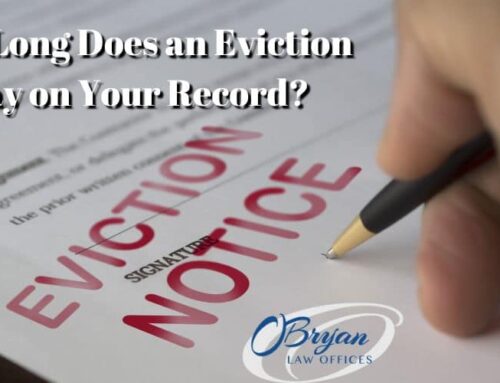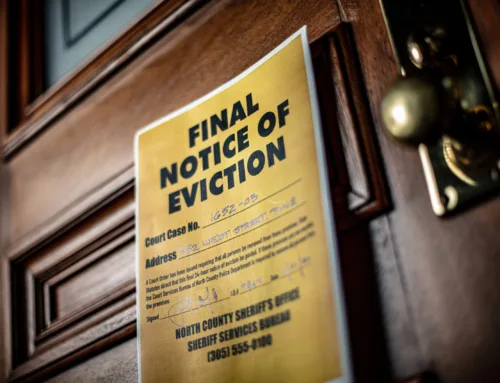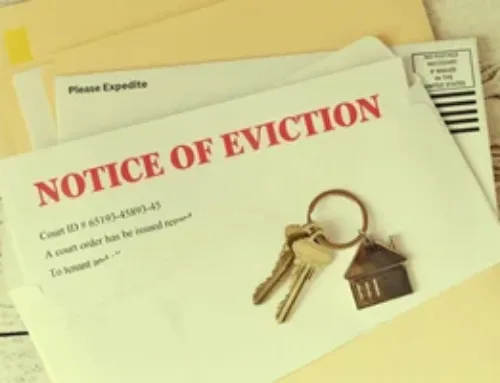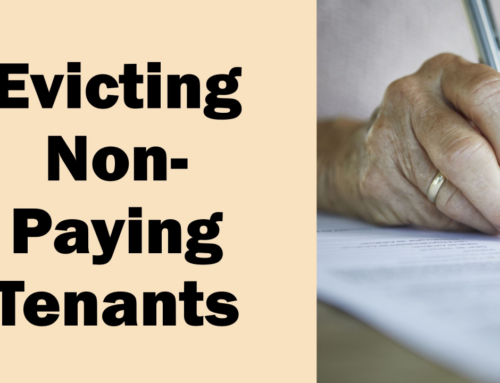Navigating the complexities of real estate can be challenging, especially when it comes to properties that are part of a deceased person’s estate. One of the key processes involved in handling these properties is a probate sale. This blog will explore what probate sales are, how they work, and the implications for buyers and sellers. Learn more about ” The process of selling a home in probate”
What is a Probate Sale?
A probate sale occurs when a deceased person’s real estate property is sold as part of the probate process. Probate is the legal procedure through which a deceased person’s estate is settled, including the distribution of assets to heirs and the settlement of debts. When someone passes away and leaves behind property, that property must go through probate to ensure that it is transferred to the rightful heirs.
In many cases, the estate may need to sell the property to pay off debts, taxes, or to distribute assets among heirs. The sale is conducted under the supervision of a probate court, which ensures that the process is handled legally and fairly.
How Does a Probate Sale Work?
1. Initiation of the Probate Process
The probate process begins when the deceased person’s will (if there is one) is submitted to the court, along with a petition to open probate. If there is no will, the court will appoint an administrator to handle the estate.
2. Appointment of an Executor or Administrator
The court appoints an executor (if there is a will) or an administrator (if there isn’t a will) to manage the estate. This person is responsible for collecting the deceased’s assets, paying debts, and distributing the remaining assets to the heirs.
3. Property Valuation
The executor or administrator will have the property appraised to determine its fair market value. This valuation is crucial for setting the sale price and for the court’s approval of the sale.
4. Court Approval for Sale
Once the property is valued, the executor will seek court approval to sell the property. In many jurisdictions, the court must approve the sale price and the terms of the sale. This process ensures that the sale is conducted fairly and transparently.
5. Marketing the Property
After obtaining court approval, the property is listed for sale. Executors often work with real estate agents who have experience with probate sales to market the property effectively. The property is typically sold as-is, meaning buyers may not have the opportunity to request repairs or improvements.
6. Accepting Offers
Once offers are received, the executor reviews them and may negotiate with potential buyers. If an offer is accepted, it will typically be submitted to the court for final approval.
7. Court Confirmation
In some cases, the court may hold a hearing to confirm the sale, especially if multiple offers are involved. This hearing allows potential buyers to present their offers and ensures that the sale is conducted in the best interest of the estate and its beneficiaries.
8. Closing the Sale
Once the court approves the sale, the closing process can begin. The property title is transferred to the buyer, and proceeds from the sale are used to pay any outstanding debts, taxes, and to distribute assets to heirs.
Pros and Cons of Buying a Probate Property
Pros:
- Potential Bargains: Probate properties are often priced below market value, providing opportunities for buyers to acquire real estate at a lower cost.
- Clear Title: The court oversees the sale process, which often results in a clear title, reducing the risk of liens or other legal issues.
Cons:
- Longer Process: The probate sale process can be lengthy, as it involves court approval and various legal procedures.
- As-Is Condition: Properties sold through probate are typically sold as-is, meaning buyers may face unexpected repairs or issues.
Conclusion
Probate sales are an essential aspect of the real estate market, providing a means for settling the estates of deceased individuals. Understanding the process and its implications can help buyers and sellers navigate this complex terrain more effectively. While probate sales offer unique opportunities, it’s important to be aware of the potential challenges and legal requirements involved.
FAQs
Q: How long does the probate sale process take?
A: The duration of a probate sale can vary significantly, depending on the complexity of the estate, local laws, and court schedules. Generally, it can take several months to over a year.
Q: Can anyone buy a probate property?
A: Yes, generally anyone can buy a probate property, but they must comply with the court’s rules and may need to attend court hearings for confirmation of the sale.
Q: Are probate properties sold as-is?
A: Yes, probate properties are typically sold as-is, which means buyers may need to account for repairs and maintenance after the purchase.
Q: What happens if there are multiple heirs?
A: If there are multiple heirs, the executor must consider their interests in the sale. Heirs may need to agree on the sale price and terms, and the court may be involved in confirming the sale.
Q: Do I need a real estate agent to buy a probate property?
A: While it’s not required to use a real estate agent, having one with experience in probate sales can be beneficial. They can help navigate the complexities of the process and negotiate on your behalf.
Understanding probate sales is vital for anyone interested in purchasing property through this process. With careful planning and the right support, buyers can navigate the intricacies of probate sales successfully, making informed decisions that benefit their real estate goals.




